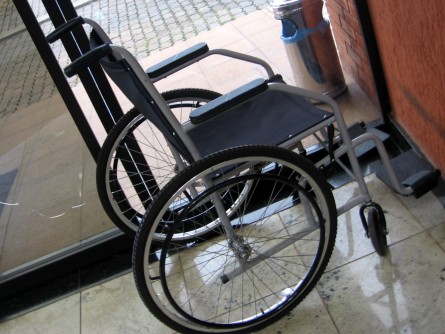3 min read
February 4, 2013
Action United, a group that opposes the closings, presented data Monday showing that 80 percent of the students affected by the planned closings are black; the district’s enrollment is 55 percent black and 19 percent Hispanic. The group released a Dec. 18 letter it had received from the Education Department saying that the closing plan is subject to an investigation under the 1964 Civil Rights Act and two other laws that are enforced by the department’s Office for Civil Rights.The schools that are being closed in these cities and others (including New York) are among the lowest performing ones in the country. At one of the schools in Philadelphia, according to an earlier Times piece, "Nearly 80 percent of . . . 11th-grade students read below grade level in statewide tests this year, while 85 percent failed to make the grade in math. Last year, about only a quarter of its students participated in precollege testing like the SAT." Who is being hurt by the closing of this school? A couple of years ago, New York held hearings to discuss the closing of some similar schools. The meeting went on for hours with students and teachers and parents berating then schools chancellor Joel Klein. I remember listening on the radio as students declared that the city's closing of the school implies that the students themselves must be stupid. This is the line they have been fed by the unions. What parent or student would look at the kind of performance of these schools and suggest it is the fault of the students? Closing the schools suggests that the teachers have failed. Maybe the administration has failed. But the students? And the idea that closing these schools is a violation of the students' civil rights is a joke. Keeping them open is a civil rights violation. One reason to close these schools sooner rather than later is to make way for schools that might work better. And some of those might be charter schools. Charters, which are often much more successful than the schools currently in place -- not a high bar, I'll admit -- often lack facilities. And the city could grant charters the right to use some of these buildings once they're closed. Which brings us to another interesting development. The Walton Foundation, one of the biggest funders of charter schools, has given the Chicago public school system a half a million dollar grant to support a "community engagement process intended to provide feedback to the district as it contemplates what schools to close." According to a local Chicago magazine, the CPS is being pretty quiet about this grant, but there are plans for robocalls to tell parents about meetings and other forms of communication intended to get feedback from the community. Maybe this is an effort to keep Chicago from experiencing the kind of backlash that the Bloomberg administration has over these school closings. It's a nice idea, but count me skeptical. It's hard to imagine that these meetings are really going to accomplish much. Of course, closing the schools is in the best interest of every poor, minority family in these cities. But the teachers' unions have access to these kids and parents everyday. And now that the federal government is legitimizing this idea that schools closings are a civil rights violation -- by taking these complaints seriously enough to respond -- the battle will get even harder.





